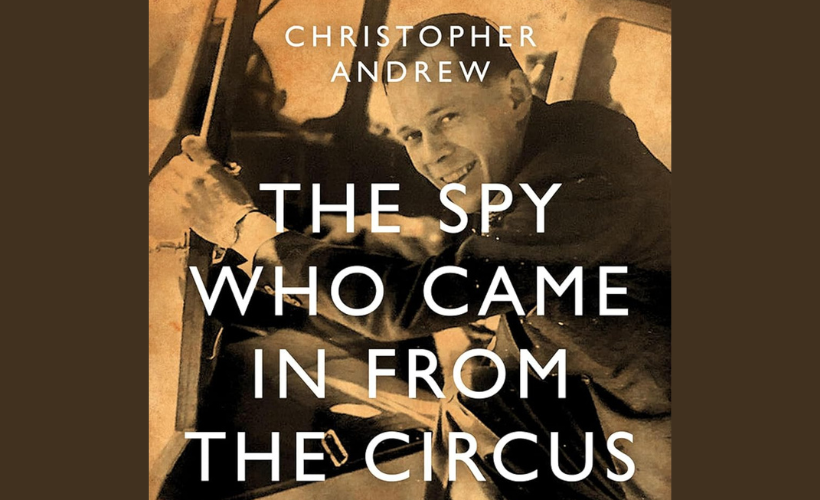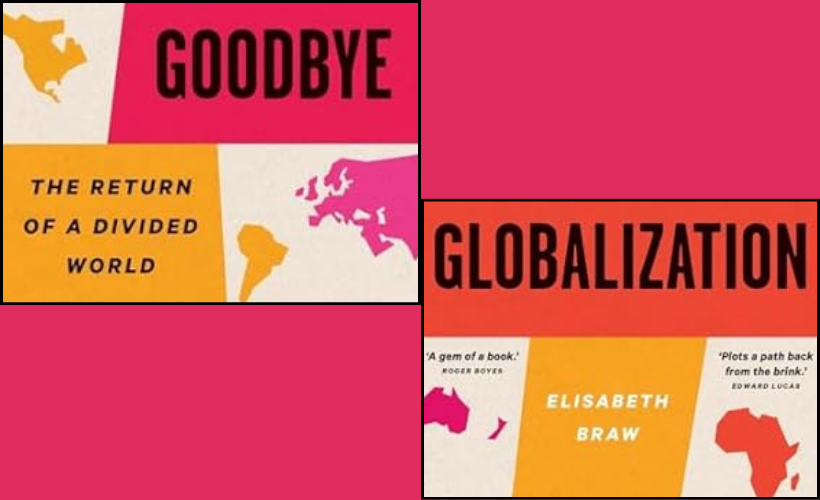Between 1808 and 1867, the British navy’s Atlantic squadrons seized nearly two thousand slave ships, “re‑capturing” several hundred thousand enslaved people and resettling them as “liberated Africans” across sites from Sierra Leone and Cape Colony to the West Indies, Brazil, Cuba, and beyond. In this talk, Maeve Ryan will discuss the set of imperial experiments that took shape as British authorities sought to order and instrumentalise the liberated Africans, and examines the dual discourses of compassion and control that evolved around a people expected to repay the debt of their salvation. This talk will explore the ideas that shaped ‘disposal’ policies towards liberated Africans, the forms of resistance and accommodation that characterised their responses, and the significance of this system for the evolution of a British antislavery ‘world system’, and for the emergence of modern understandings of refuge, asylum, and humanitarian governance.
More about the speakers:
Dr Maeve Ryan is a Senior Lecturer in History and Grand Strategy at the Department of War Studies, King’s College London, where she co-directs the Centre for Grand Strategy. At the heart of this centre is an ‘applied history’ approach, which aims to bring more historical and strategic expertise to statecraft, diplomacy and foreign policy. Maeve directs the centre’s major research projects and impact activities, including the Ax:son Johnson Institute for Statecraft and Diplomacy, the Forum on Future British Strategy, the World Order Study Group, The Engelsberg Programme for Applied History, Grand Strategy and Geopolitics (in partnership with the University of Cambridge; supported by the Ax:son Johnson Foundation); the Leverhulme Doctoral Scholarship Programme, ‘Interrogating Visions of a Post-Western World’; the Maymester Summer School, and the Philip Leverhulme Prize-funded project on the origins and future of the idea of ‘world order’. Along with Professor Alessio Patalano, she also co-directs the centre’s new Indo-Pacific Programme.
A former Leverhulme Early Career Fellow, Maeve’s research focuses on modern global and imperial histories, the history of slavery, emancipation, human rights, and humanitarian governance, British foreign policy and diplomatic history, and on interdisciplinary approaches to the study of world order in the 21st century.
Respondent: Dr Bronwen Everill is Director of the Centre of African Studies at the University of Cambridge, and the Class of 1973 Lecturer in History at Gonville & Caius College. She is the author of ‘Not Made By Slaves: Ethical Capitalism in the Age of Abolition‘ (2020), and ‘Abolition and Empire in Sierra Leone and Liberia’ (2013).







